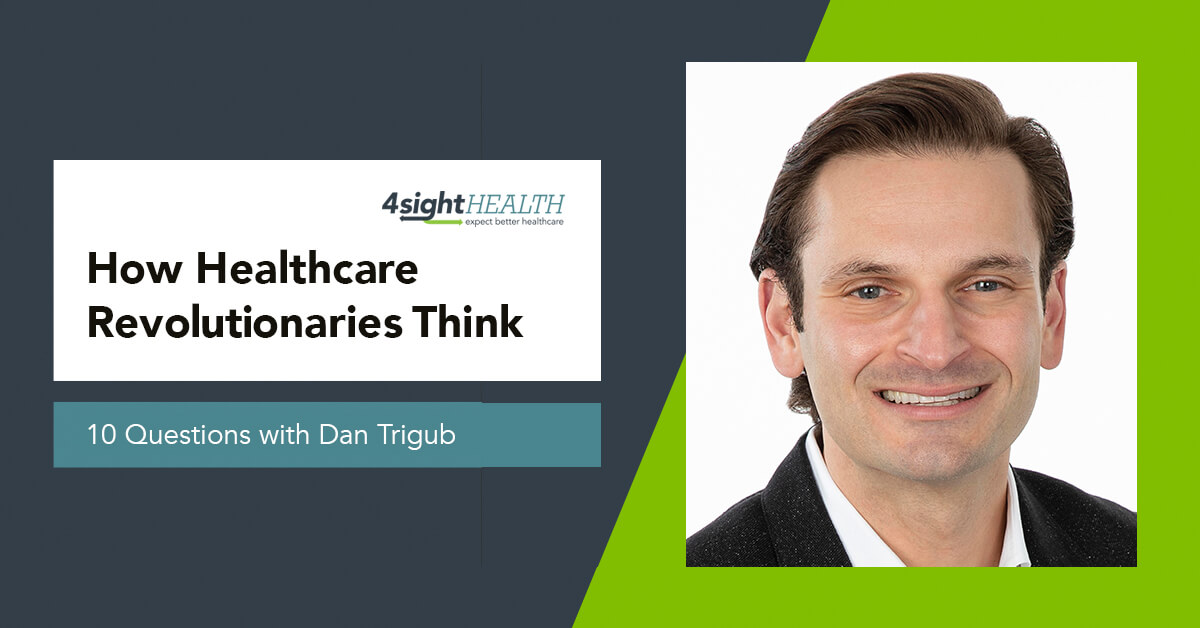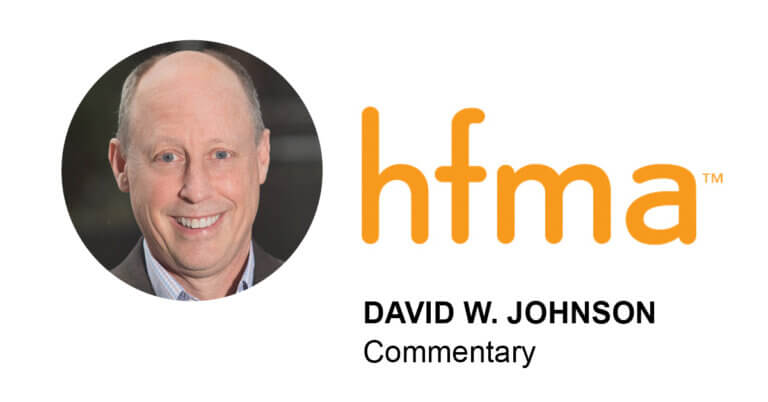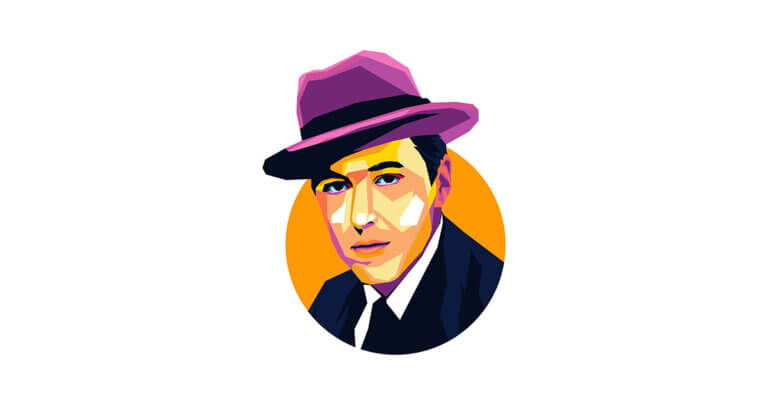February 14, 2023

How Healthcare Revolutionaries Think: 10 Questions with Dan Trigub
Welcome to the latest installment of 4sight Health’s series, How Healthcare Revolutionaries Think. Our interview series profiles healthcare instigators who believe that outcomes matter, customers count and value rules.
No one likes hospital emergency rooms. Especially the poor who can’t afford high out-of-pocket ED bills. Everyone likes EMTs and paramedics. Especially many seniors who can’t easily get to their doctor when they think they’re sick.
That’s the space Dan Trigub and his company, MedArrive, play in. Trigub is CEO of MedArrive, which he co-founded in 2018. The New York-based company deploys a network of EMTs and paramedics, dubbed “field providers,” to provide basic healthcare services to people at home. MedArrive contracts directly with payers, providers and clinical research organizations to offer those services to their members, patients and clinical trial participants, respectively.
I interviewed Trigub about how his experiences at both Lyft and Uber shaped what he’s trying to do at MedArrive and whose legacy business model he’s trying to disrupt.
You can also listen to a podcast interview with Trigub on his lessons learned for healthcare entrepreneurs.
1. Dan, give me your definition of a healthcare revolutionary.
Trigub: When I think about the word “revolutionary,” I think about the definition — involving or causing a complete or dramatic change. It’s something that happens on a large scale and impacts millions of lives. In healthcare, it would be a person who can do that — bring complete or dramatic change to the healthcare landscape, to health outcomes, to individuals’ lives. That could be from a clinical standpoint or more from a business standpoint.
2. You’re making a distinction between clinical and business as targets of a healthcare revolutionary’s actions. Explain that to me.
Trigub: I think there are two types of revolutionaries. The best example I can give you is Steve Jobs versus Steve Wozniak. Apple wouldn’t exist but for the other. You wouldn’t have Apple if you didn’t have Wozniak the engineer, the one who’s actually building the code and building the product. But then you can argue you wouldn’t have Apple but for Jobs who’s the business visionary. When I think of healthcare revolutionaries, I really see two personas. The clinical visionaries — the inventors, the caregivers — versus the business innovators — those who can take those ideas, scale them and impact millions and millions of lives.
3. It’s all in the execution. Given your split decision, do you have a favorite healthcare revolutionary with a split personality or pair of revolutionaries, past or present?
Trigub: I’ll answer that question with two people. In the first category, the clinicians, I would say Dean Kamen. He’s an American engineer and inventor. I got a chance to actually spend some time with him at his home in New Hampshire not that long ago. He holds more than a hundred patents in the U.S. and is one of the most prolific inventors, along the lines of Thomas Edison. He’s famous for inventing the Segway. Dean actually invented the insulin pump when he was a teenager. His biotech hub, which is a series of converted old sawmills in New Hampshire, is working on 3D-printed human organs. That’s revolutionary. His famous quote is, “I’ve never had a business plan. Every project we’ve ever done was the intersection of somebody with a real need, a real passion to do something, and hustling.”
In the second category, the businessperson revolutionary, there are a lot out there. But one person that comes to mind is Sarah London, CEO of Centene, the largest Medicaid managed-care organization in the country. Centene employs more than 74,000 people and has more than 26 million members — some of our most vulnerable and underserved population. Medicaid and Medicare-Medicaid dual eligible. I think about the sheer reach and scale of the organization that she leads and runs. Impacting so many lives in this country. It’s a big responsibility, and she’s clearly up for it.
4. In the two examples you gave — Kamen and London — there are lots of people working behind the scenes to make their respective vision happen. Tell me about that dynamic. Hundreds or thousands do the work. One or two revolutionaries get the credit.
Trigub: Everyone knows Tom Brady. No one knows his offensive line. No one can name one person on that offensive line, but Tom Brady wouldn’t be Tom Brady but for that offensive line. There would be no Sarah London if there weren’t clinicians and doctors performing the services for Centene’s members or the people inventing and running the technology that connects Centene to members. You can’t have one without the other. True revolutionaries know this. They get the credit but give credit to others.
5. Are you a healthcare revolutionary? Are you a Jobs or a Wozniak? Are you a Kamen or a London?
Trigub: The answer to the first question is easy, and the answer is no. I’m not a healthcare revolutionary. It takes a lot of time, experience and ability to impact a very large population. I’d like to believe we’re on our way at MedArrive, but it’s still early. Healthcare is so complex. It’s so complicated. It’s so regulated. And you’re dealing with people’s lives. It takes time to build an organization at that scale and reach to have that level of impact.
As for the second question, I’m on business-minded side like London, not the inventor side. My background is mostly in business development and sales. My skill set is leading an organization, building a vision and rallying a team together. And I firmly believe that I cannot be successful without that team we’ve built and the people we have around us.
6. Let’s switch gears and talk about your experiences at Lyft and Uber, both of which I use, by the way. You were at Lyft for about three years and Uber for about two. What did you learn about healthcare in those positions that you didn’t know before?
Trigub: I learned how much of an impact you can have on people’s lives and health status outside of the acute-care setting. Here are two tech companies basically built on the idea that you could make a lot of money taking a millennial to a bar on Friday night, pick them up and bring them home safely. No tipping. No cash involved. No driving home drunk. About the same time when I was at Lyft, the concept of social determinants of health was getting talked about more and more.
Access to transportation, as you know, is a huge social determinant of health. Not just can you get to your doctor’s appointment. Can you get to the grocery store for fresh food? Can you get to your place of worship? Can you visit your friends or family? If you can’t do those things because of the lack of transportation, the quality of your life suffers, and both your physical and mental health. People started to use Lyft and Uber beyond getting home from a night out, and we started partnering with healthcare organizations to make our services available to their patients and their members. I saw the impact that something as simple as transportation can have on improving a person’s life.
7. Aside from the serious and important work you did at Lyft and Uber, are there a few funny or crazy stories that you like tell at the bar or at family gatherings? Everyone’s got a great ride-share story. But you worked there. I’m sure you heard some doozies.
Trigub: There are lots of stories you hear. When you’re doing 10 million rides a day, you’re connecting 20 million people each day at a minimum with just the driver and one passenger. Inevitably things are going to happen. You hear stories of babies being born in the back seat of an Uber or Lyft. You hear of people’s lives being saved by drivers and vice versa. The list goes on and on. Generally, the craziest thing that came up in dinner conversations or other personal interactions is the fact that most people didn’t know Lyft or Uber had a healthcare business. Most people thought we just took people back and forth to the bar, especially the old millennials I’m talking to at a bar.
8. I’m a Baby Boomer. It’s cheaper to drink at home, and I don’t need a ride. In all seriousness, what couldn’t you do at Lyft or Uber that you’re trying to do at MedArrive? What’s the unmet need in the market or job to be done?
Trigub: There are two differences. Lyft and Uber didn’t focus on someone who needs a ride or on delivering care in the home. They’re about transportation to services for anyone who can pay or who has someone else pay for them. At MedArrive we’ve focused since day one on the most vulnerable and underserved patient cohort. Our core customers are Medicaid managed-care plans, Medicare Advantage plans and accountable care organizations. So, we’re talking about the poor, the elderly and dual eligibles. Since day one we’ve also focused on delivering basic patient care services in the home. Checking vital signs. Checking prescription medications. Basic health and wellness. Chronic disease management. Doing all the tasks that could prevent an unnecessary trip in an ambulance to the emergency room for nonemergent care or prevent an ED visit in the future when a condition worsens.
9. When you use “field providers,” who primarily are EMTs and paramedics, to provide those services in the home, that means someone else is not providing those services in another setting. Whose toes are you stepping on? Whose business are you taking away? Or maybe it’s a space that no one wanted to play in?
Trigub: We’re taking dollars away from the unnecessary ED (emergency department) spend. That ED spend is absolutely avoidable. It’s clogging up EDs with folks who don’t need to be there. We’re shifting dollars away from the ED and lowering the overall cost of care.
There certainly are other companies doing what we’re doing in the home. We just have a unique staffing model. EMTs and paramedics are some of the most underutilized resources in healthcare. They’re cost-efficient. They’re everywhere. They’re highly trained. They’re a skilled and scoped workforce. Depending on the state, we can uplevel them to prescribe, diagnose and do HCC (hierarchical condition category) coding with physician oversight through telehealth.
10. Last question, Dan. You say you’re not a healthcare revolutionary. You say you’re not an inventor. Yet you’re obviously very passionate about what you’re doing at MedArrive. That tells me you had a personal trigger. What was it?
Trigub: You’re right. One of the reasons I went to work at Lyft was my grandmother who immigrated to this country. She was in her eighties when she was living in an apartment in New York by herself. The only time she would leave her apartment was when my dad and I came to visit her on the weekends from New Jersey and made the trip. She couldn’t go to the doctor’s office without us. It was hard, even impossible, for her to get food. She didn’t have many friends, and couldn’t get out to make more friend, or just go to the synagogue. She relied heavily on my father and me to visit her. Imagine if I was able to order her a ride, without her needing an Uber or Lyft account. Now it would be possible to track and pay for her ride. If that had been possible for her, her quality of life would’ve been that much better, and her health outcome overall would’ve been better.
Burda’s Final Bit
I get what Dan Trigub is talking about. My mom is 84. She lives by herself in the same house that she’s lived in since 1966. She doesn’t drive anymore. She has many of the same chronic health problems as most 84-year-olds. My sister and I visit as often as we can. But we can’t be there every minute. I hope that her Medicare Advantage plan is smart enough to contract with MedArrive, or something similar to MedArrive, to help us keep an eye on her and keep her as healthy as possible. That’s a growing unmet need in the market and a healthcare job to be done that everyone can agree on.
Read More Interviews with Healthcare Revolutionaries
- January 2023: Melina Davis
- December 2022: Bruce Brandes
- November 2022: Lena Chaihorsky
- July 2022: David Nash, M.D.
- June 2022: Esther Dyson
- April 2022: Meghan Conroy
- March 2022: Adrianne Nickerson
- February 2022: David Snow
- January 2022: Kristen Valdes
- October 2021: Glen Tullman
- September 2021: David Greenberg and Dave Jacobs
- August 2021: Jeff Jones
- July 2021: Scott Powder
- June 2021: Robert Pearl, M.D.
- May 2021: Kurt Waltenbaugh
- April 2021: Jon Pearce
- March 2021: Thompson Aderinkomi
- February 2021: Gaurov Dayal, M.D.
Dan Trigub is the CEO and Co-Founder of MedArrive. Previously, Dan led Uber Health, which provides Non-Emergency Medical Transportation (NEMT) across Medicare, Medicaid, and Commercial populations. Before Uber, Dan spent 2.5 years at Lyft as Regional VP of Strategic Partnerships helping to found their healthcare vertical.
MedArrive offers on-demand field providers, like an EMT or paramedic, dispatched to provide the desired clinical service in the home. The company also offers in-home care and helps patients track their health data with analytics.





